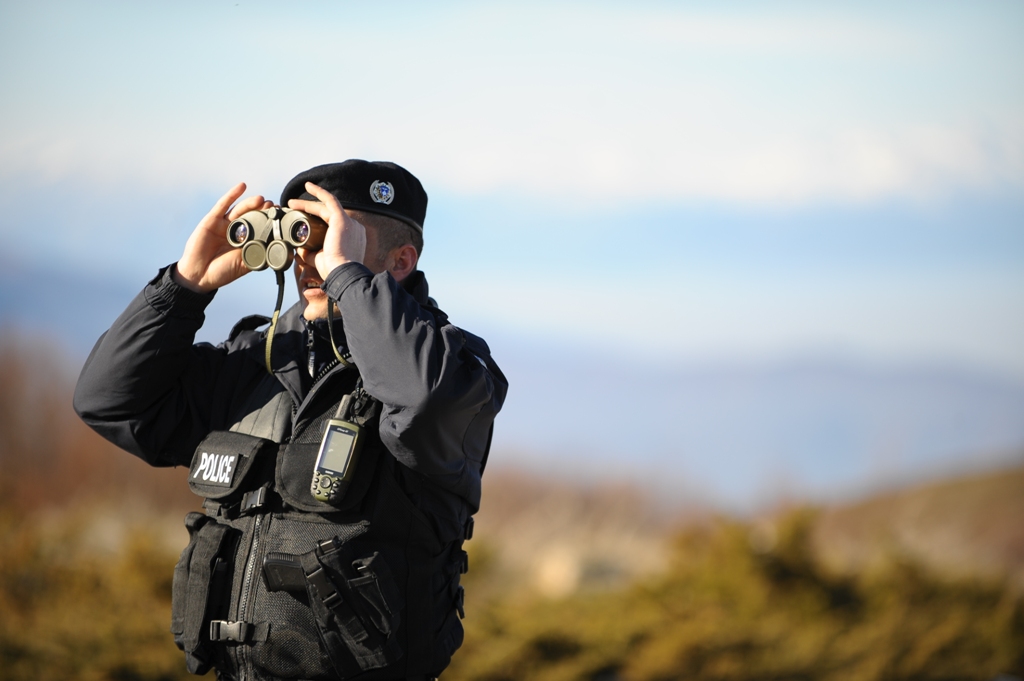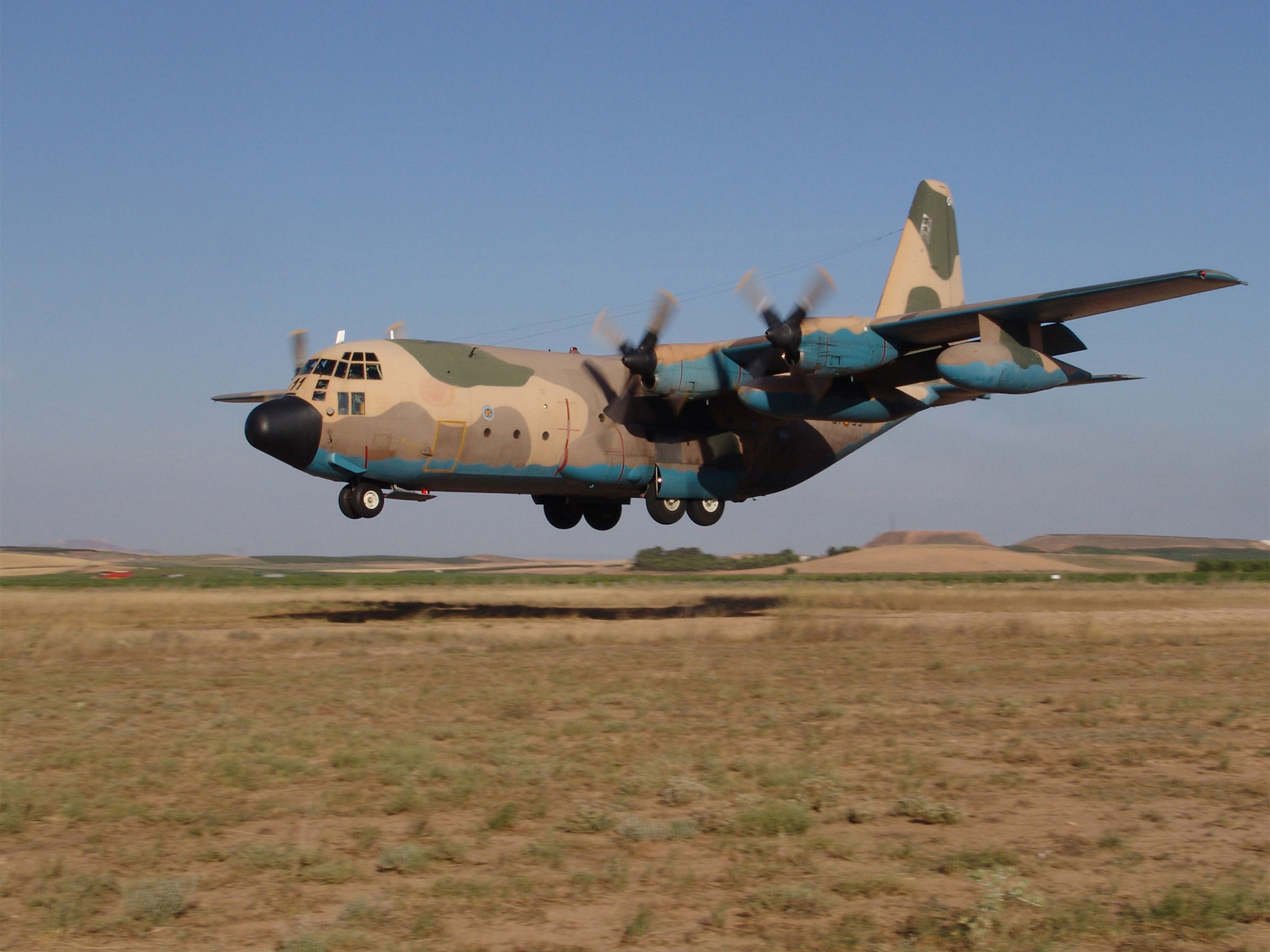Military operation. Parliament makes ESDP engagement in Chad subject to a series of conditions
(B2 - archives) The European Parliament approved, on September 27, by 453 votes for, 104 against and 15 abstentions, the ESDP operation in eastern Chad and northern Central African Republic, lasting a year.
He has however "subject to its final agreement to the fulfillment of (several) conditions", thus establishing several principles that the European mission (EUFOR) should respect:
- a varied composition: “Member States should make the necessary troops available as soon as possible”;
- neutrality with respect to "to the complex political situation" what the region knows, "by avoiding intervening in the fighting between government authorities and rebel groups";
- non-intervention in the work of NGOs: “in full respect of the principles of international humanitarian law”, EUFOR must not “not to take part or interfere in the tasks carried out by NGOs (…), so as not to put them in danger”;
- effective coordination with UNAMID: “in such a way as to secure the territory under its responsibility in the most effective way”;
- a solid mandate: EUFOR “must act as a deterrent, and have clear rules of engagement authorizing the use of force when necessary, especially in attacks against civilians, camps, villages, aid workers or police of the United Nations, and also in case of self-defence”;
- the appropriate manpower and equipment “in order to discourage any potential aggressor” : EUFOR should thus "to be able to protect its supply lines and carry out long-range patrols with armored vehicles, helicopters (including transport and combat helicopters) and reconnaissance aircraft"
- a clear crisis exit strategy: EUFOR must be considered as a "bridging force". Before the start of its deployment, “a clear exit strategy” needs to be defined, which should provide for the replacement of EUFOR "by a relief operation (an African Union force, a United Nations force or a hybrid force) in order to enable the successful fulfillment of its mandate and the return, on schedule, of the troops engaged".
Parliament also felt that it should "to be kept fully informed of the various phases of the preparation of the operation, concerning, inter alia, the concept of crisis management, the joint action, the concept of operations, the plan of operation and the process of constitution of strength ". Finally, he regretted that for many reasons this ESDP operation could not be directed from the European Union's operations center set up in Brussels.
NB: This mission should include around 4000 men, including a large French contingent.
(Nicolas Gros-Verheyde)
article published in Europolitics on 1 October 2007


